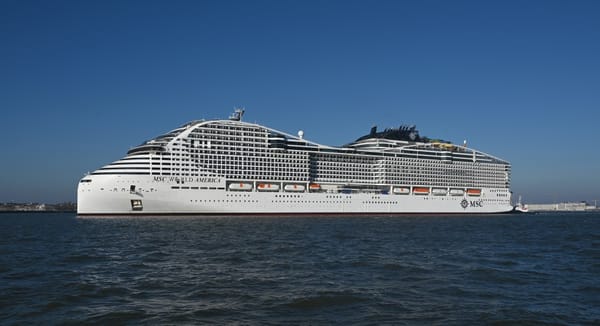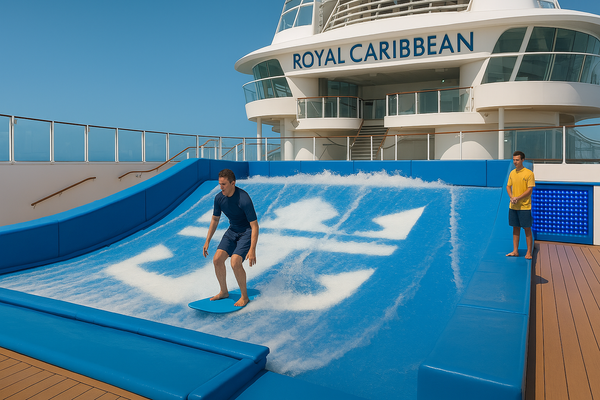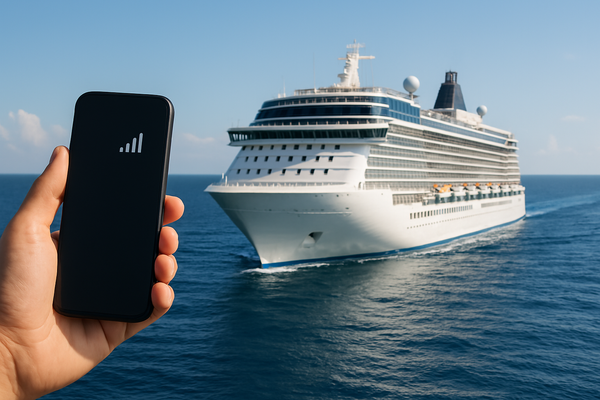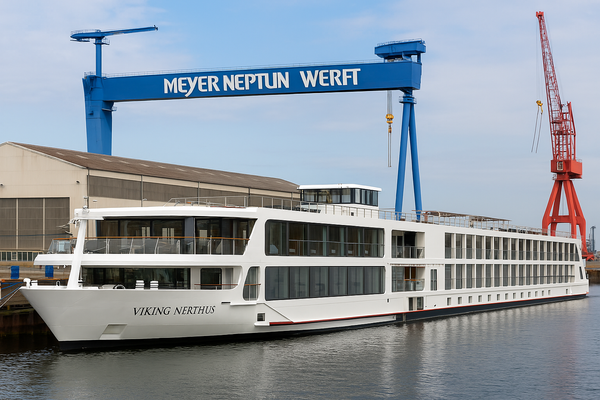Royal Caribbean reveals plans for smaller ships
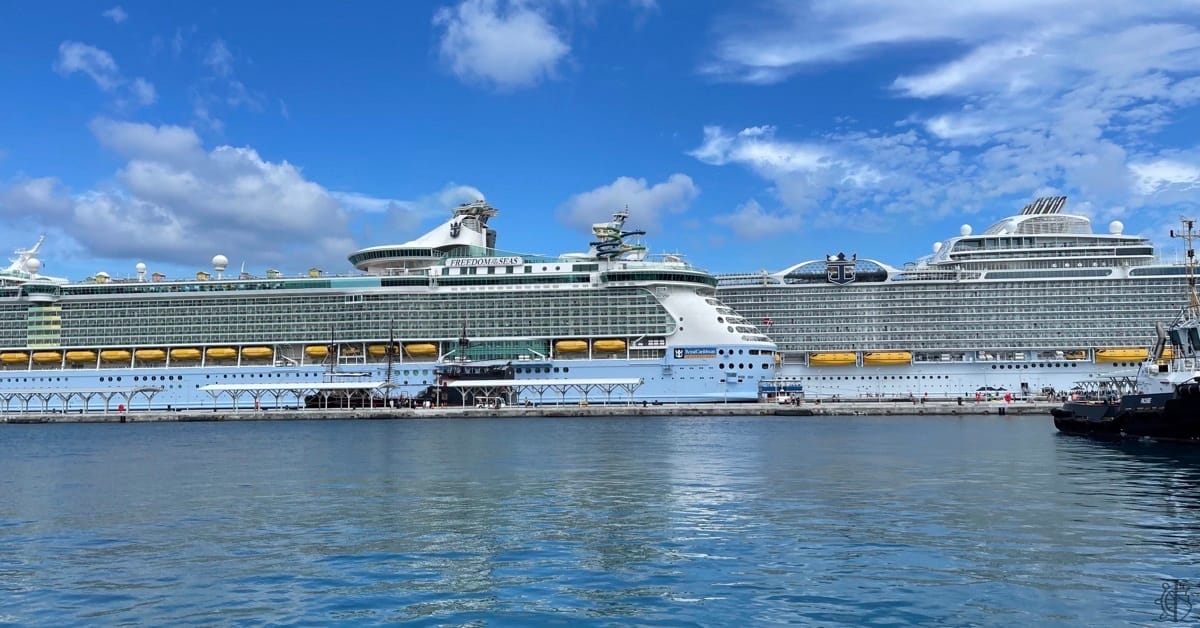
Royal Caribbean International, a leader in the cruise industry, has announced significant changes to its operational strategy, focusing on smaller ships in response to evolving customer preferences and market trends. This strategic pivot highlights the cruise line's commitment to providing more intimate and tailored experiences for travelers who seek closer connections with destinations and personal service.
Understanding Royal Caribbean's Shift to Smaller Ships
Royal Caribbean has traditionally been known for its massive cruise liners, which include amenities and activities designed to accommodate thousands of passengers. However, the company is now recognizing a growing demand for smaller ships that offer unique experiences and the ability to explore lesser-known ports. This move aims to cater to guests who desire immersive travel rather than just a voyage on a large vessel.
Market Trends Influencing the Change
The global cruise market has been undergoing significant transformations, particularly following the COVID-19 pandemic. Many travelers now prioritize health, safety, and personalized experiences over the density and scale of larger ships. This has led Royal Caribbean to reassess its fleet composition and embark on initiatives that meet the changing expectations of cruisers.
The Benefits of Smaller Ships
Smaller ships typically offer several advantages that appeal to modern travelers. For one, they can access a wider range of ports that larger vessels cannot reach. This includes secluded locations, enriching cultural experiences, and unique excursions that allow for deeper exploration of regional amenities.
Additionally, with fewer passengers onboard, smaller ships facilitate a more personalized service. Crew-to-guest ratios improve, allowing for enhanced interactions and a more attentive atmosphere throughout the cruise. This can lead to higher guest satisfaction, fostering loyalty for future sailings.
Royal Caribbean’s Latest Innovations
In conjunction with the shift towards smaller vessels, Royal Caribbean is also introducing innovations that enhance the onboard experience. These advancements include state-of-the-art entertainment options, improved accommodations, and elevated dining experiences tailored to contemporary culinary trends.
Enhancing Guest Experiences
The cruise line's focus on smaller ships will not diminish the company’s commitment to innovation. Instead, Royal Caribbean plans on incorporating new technologies and services that will redefine cruising. This includes advanced booking systems, improved safety protocols, and enhanced customer engagement methods through mobile applications and onboard experiences.
Impact on Itineraries
As part of this strategic shift, Royal Caribbean will be re-evaluating its cruise itineraries to align with the unique capabilities of smaller vessels. The focus will be on offering diverse routes that encompass both popular destinations and hidden gems.
Different itineraries can provide passengers with the chance to experience the local culture in deeper ways, whether through immersive tours, culinary tastings, or community engagement activities. These efforts promise to distinguish Royal Caribbean from its competitors in the industry.
Key Partnerships and Collaborations
Royal Caribbean plans to leverage its extensive network of partners. Collaborating with local operators and tourism boards will enhance the variety of experiences offered on each sailing. Enhanced partnerships will also ensure that passengers have access to authentic local experiences, promoting sustainable tourism practices.
Investing in Sustainability
Another aspect of Royal Caribbean’s plan revolves around sustainability. Smaller ships typically consume less fuel and produce a smaller environmental footprint compared to their larger counterparts. By operating vessels that align with sustainability goals, Royal Caribbean not only meets the increasing demand for eco-friendly travel solutions but also contributes to preserving the destinations guests will visit.
The Financial Implications of Fleet Changes
Royal Caribbean's decision to pivot towards smaller ships is also a strategic financial move. Smaller ships generally have lower operational costs, and with the competitive travel market reshaping itself, this could result in more favorable profit margins. The emphasis on unique experiences can also command premium pricing, capturing the growing segment of travelers willing to pay for exclusivity.
Planning for a Post-Pandemic World
The resurgence of the cruise industry post-pandemic necessitates a thoughtful strategy. By embracing smaller ships and optimizing offerings, Royal Caribbean aims to address concerns while still providing an exceptional cruise experience. This adaptability will be crucial in rebuilding consumer confidence and securing future bookings.
Customer Feedback and Expectations
Royal Caribbean actively seeks guest feedback to shape its new offerings and explorations with smaller ships. The incorporation of passenger insights ensures that the services provided align with expectations, fostering a loyal customer base that appreciates the responsiveness of the cruise line to their needs.
Customer Experience Management
Creating memorable moments for guests is at the forefront of Royal Caribbean’s plans. They are committed to enhancing all aspects of customer interaction, from the booking process to excursions taken during the cruise. Focus groups, surveys, and direct communication with past cruisers will help shape future initiatives.
Challenges Ahead
While moving towards smaller ships offers numerous advantages, Royal Caribbean faces challenges inherent in the cruise industry. The logistics of transitioning part of the fleet and possibly phasing out larger ships will require precise management and strategic timing.
Insuring Compliance and Safety
As with any travel-related enterprise, maintaining compliance with safety regulations is paramount, particularly in the wake of the pandemic. Royal Caribbean will need to ensure that all new plans and vessels adhere strictly to health guidelines while delivering enjoyable experiences.
Furthermore, the cruise line will have to navigate the economic uncertainties that can impact both consumer spending and travel habits. Constant market analysis and flexible adaptation to trends will be necessary to alleviate risks.
Conclusion
Royal Caribbean's commitment to adapting its business model by focusing on smaller ships demonstrates an understanding of market shifts and consumer preferences. By prioritizing intimate experiences, sustainability, and a keen awareness of the travel industry's evolving landscape, Royal Caribbean positions itself to thrive in a competitive market. The emergence of new itineraries and enhanced onboard experiences is poised to attract a diverse clientele seeking memorable voyages.
FAQs
1. What types of experiences will smaller Royal Caribbean ships provide?
Smaller ships will offer more intimate settings, allowing for personalized service, unique itineraries, and varied shore excursions that may highlight local culture and traditions.
2. How will Royal Caribbean ensure sustainability in its smaller ships?
Royal Caribbean plans to design smaller vessels to have a reduced environmental footprint, focusing on fuel efficiency and collaborating with local tourism operators for sustainable practices.
3. What are the operational advantages of smaller ships for Royal Caribbean?
Smaller ships generally have lower operational costs, increased flexibility in routing, and heightened customer engagement opportunities, translating into potentially better profit margins.
4. How will customer feedback influence Royal Caribbean's new ship offerings?
Royal Caribbean is actively seeking feedback from guests to ensure new offerings align with traveler expectations, improving service quality across various touchpoints.
5. Will Royal Caribbean discontinue its larger cruise ships?
While Royal Caribbean is shifting focus towards smaller vessels, it may not completely discontinue larger ships; instead, it will balance its fleet according to market demands and consumer preferences.

